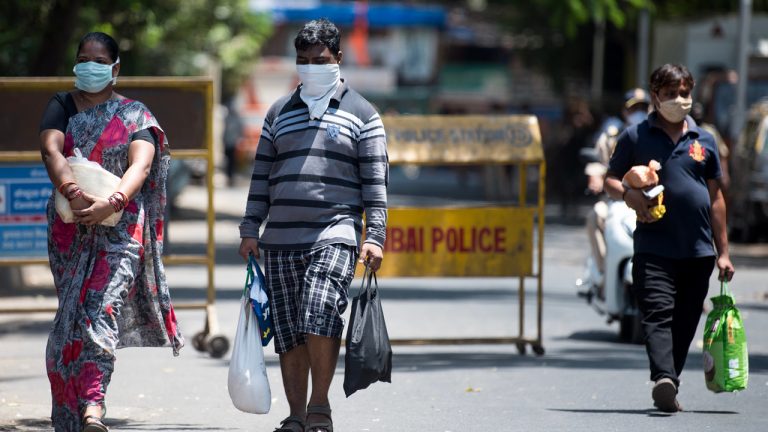Latest news about Bitcoin and all cryptocurrencies. Your daily crypto news habit.

The global pandemic Covid-19 is forcing Indians to resort to digital payment platforms when settling bills as well as paying for groceries.
Before the Covid-19 outbreak, Indian citizens largely ignored a 2016 government decree that attempted to achieve the same, reports The Economic Times of India.
The news site reports that the value of transactions on the Unified Payments Interface, a platform created by India’s largest banks in 2016, reached an all-time high in June.
As the country’s infection rate and deaths associated with Covid-19 grew, Indians began switching to digital payment options “as people feared to handle banknotes” amid the pandemic.
Electronic fund transfers from banks, which had dropped in April as economic activity slowed, have seen a rebound. The Indian news site refers to a recent survey by Capgemini Research Institute observed a growing appetite for digital payments.
According to this survey:
Three-quarters of Indian consumers reported greater use of digital payments since the virus outbreak, and 78% expect to continue increasing their use in the next six months — the highest figures among 11 nations surveyed.
Increasing digital payment volumes are a fulfillment of Prime Minister Narendra Modi’s vision of increased use of digital financial technologies.
In November 2016, India suddenly invalidated most of the country’s high-value currency notes. The twin objective of the demonetization was to curb corruption as well as to “help encourage a move toward digital commerce.”
The move was briefly successful as people struggled to get banknotes but soon Indians had reverted to cash as once the number of notes in circulation rose.
Indians prefer cash for various reasons, including to avoid paying higher taxes after a national sales tax was implemented in mid-2017 and higher charges from retailers.
Smaller stores that do not enjoy high volume sales often charge customers extra, to make up for what they must pay the service partners for electronic transactions.
Meanwhile, the Modi government, which is aiming for a billion digital transactions per day, still does not have an official stance on virtual or digital currencies issued technology companies.
In the past, The Reserve Bank of India (RBI) issued adverse notices against the use of cryptocurrencies, and in 2018, it banned financial institutions from working with cryptocurrency-related businesses.
However, the country’s Supreme Court has since overturned that decree.
Still, Indian media reports in June suggest an announcement that clarifies India’s stance on cryptocurrencies is imminent. Some crypto-related businesses are hopeful the government will not ban cryptocurrencies.
Do you think Indian digital payments will continue to grow once the Covid-19 has dissipated? Tell us what you think in the comments section below.
The post Covid-19 Forces Indians to Embrace Digital Payments but Country Still Lacks Crypto Regulation appeared first on Bitcoin News.
Disclaimer
The views and opinions expressed in this article are solely those of the authors and do not reflect the views of Bitcoin Insider. Every investment and trading move involves risk - this is especially true for cryptocurrencies given their volatility. We strongly advise our readers to conduct their own research when making a decision.